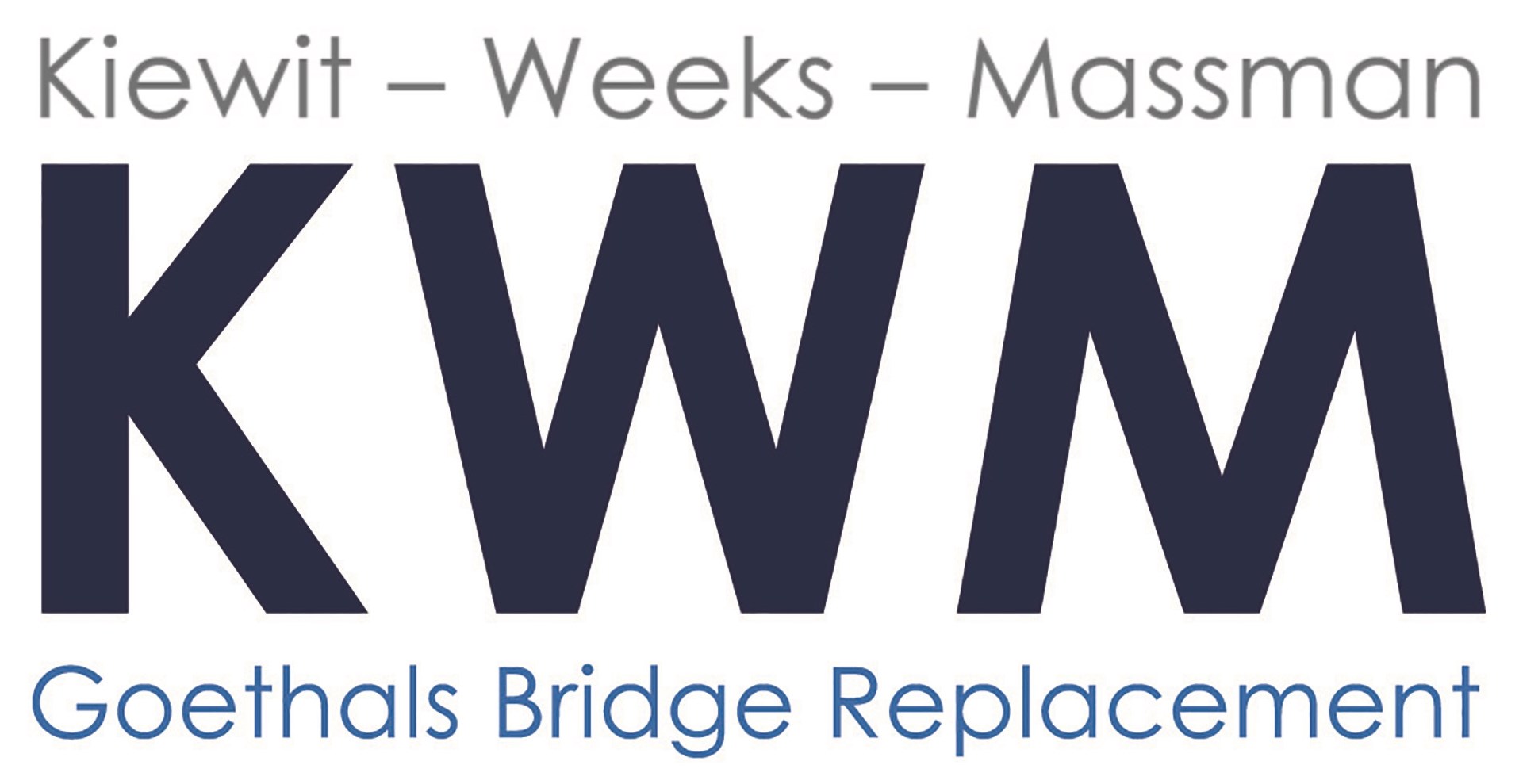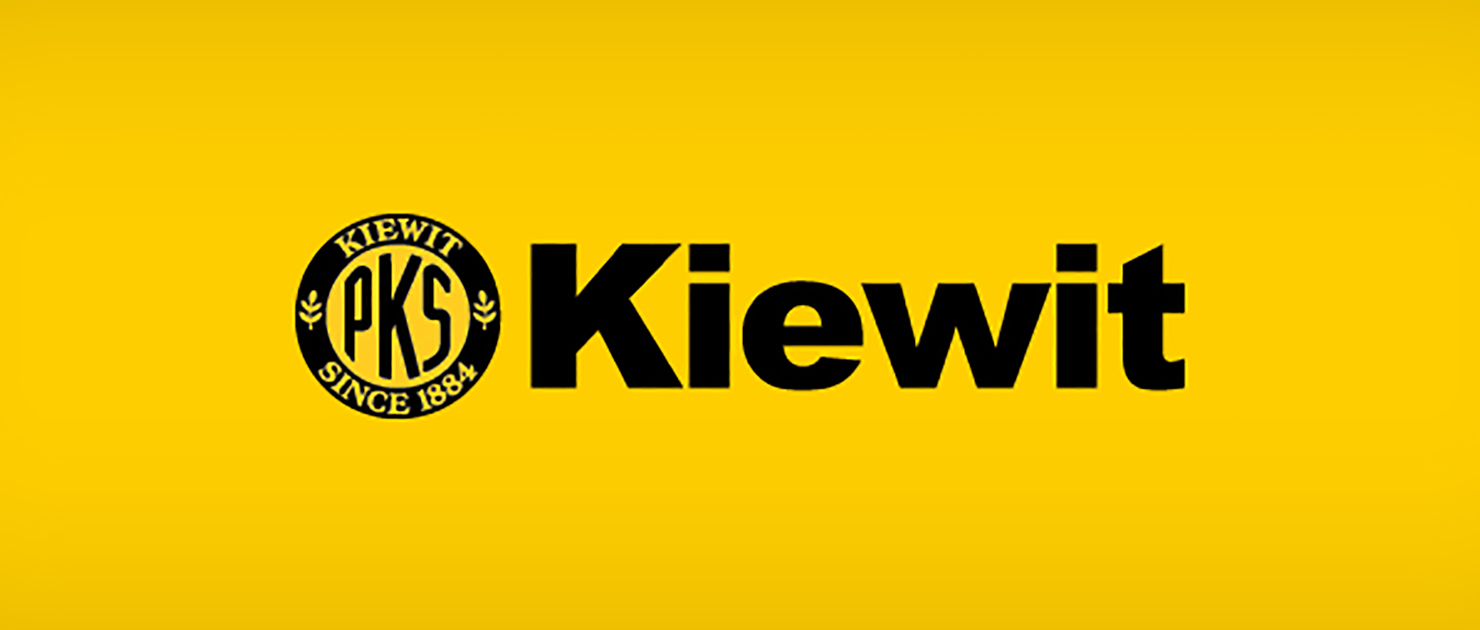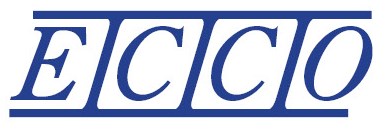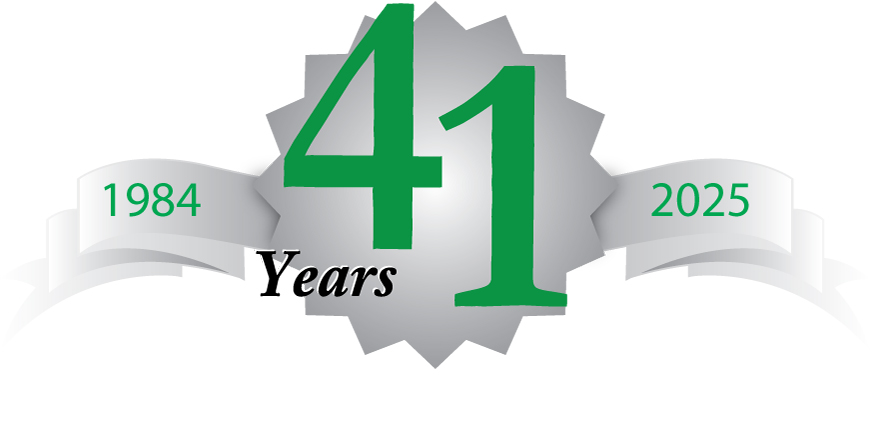New USDOT Requirements for DBE Programs
10/16/2025

By U.S. Department of Transportation
Editor’s note: In light of the recent Interim Final Rule (IFR) that removes the presumptions of disadvantage based on race and/or sex from DBE certifications, Small Business Exchange will prioritize updates and resources offered to DBEs/ACDBEs seeking recertification or certification. Below is the text of the letter from the United States Department of Transportation. The letter is also available at https://www.sbeinc.com/resources/ifr_guidance.cfm
Office of the Secretary of Transportation
Office of Civil Rights
September 30, 2025
This guidance provides information about important changes that the U.S. Department of Transportation (“Department” or “DOT”) is requiring recipients of financial assistance from the Department to make with respect to the Disadvantaged Business Enterprise (“DBE”) and the Airport Concession Disadvantaged Business Enterprise (“ACDBE”) programs.
Background
Recipients of highway, transit, and airport funding distributed by DOT are subject to the requirements of the DBE program, under which they must set goals for participation by small businesses owned and controlled by “socially and economically disadvantaged” individuals.1 Recipients of airport funding are also subject to the requirements of the ACDBE program, which requires them to set similar goals with respect to airport concessionaries.2 Unfortunately, not all individuals have been treated equally under this program. Instead, Congress has mandated that DOT treat certain individuals—women and members of certain racial and ethnic groups—as “presumed” to be disadvantaged.3 Other individuals do not benefit from that presumption. This means that two similarly situated small business owners may face different standards for entering the program, based solely on their race, ethnicity, or sex. 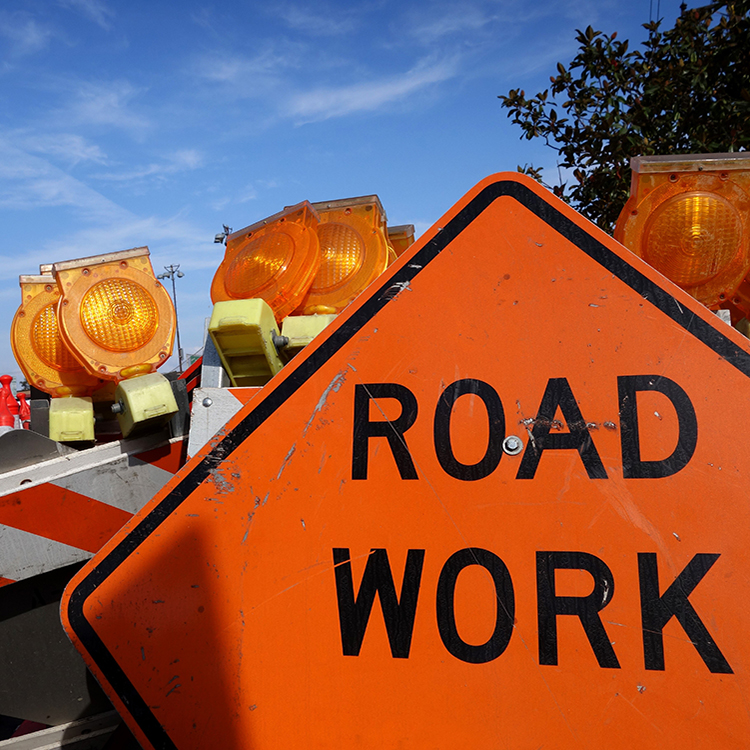 On September 23, 2024, the U.S. District Court for the Eastern District of Kentucky determined that the DBE program’s use of race- and sex-based presumptions likely does not comply with the Constitution’s promise of equal protection under the law.4 Accordingly, the Court issued a preliminary injunction that prohibits DOT from mandating the use of race- and sex-based presumptions with respect to contracts on which the two plaintiff entities bid. On September 23, 2024, the U.S. District Court for the Eastern District of Kentucky determined that the DBE program’s use of race- and sex-based presumptions likely does not comply with the Constitution’s promise of equal protection under the law.4 Accordingly, the Court issued a preliminary injunction that prohibits DOT from mandating the use of race- and sex-based presumptions with respect to contracts on which the two plaintiff entities bid.
In accordance with the directives of the President and the Attorney General, DOT and the Department of Justice (“DOJ”) have evaluated the DBE and ACDBE programs. DOT and DOJ, consistent with the ruling of the District Court, have determined that the DBE program’s race- and sex-based presumptions do not comply with the Fifth Amendment’s Due Process Clause, which prohibits the Federal Government from depriving individuals of the equal protection of the laws.
On May 28, 2025, DOT (represented by DOJ), along with the plaintiffs in the litigation in the U.S. District Court for the Eastern District of Kentucky, asked the Court to enter a Consent Order resolving a constitutional challenge to the DBE program.5 The motion is currently pending. In the proposed Consent Order, DOT stipulated and agreed that “the DBE program’s use of race- and sex-based presumptions of social and economic disadvantage . . . violates the equal protection component of the Due Process Clause of the Fifth Amendment of the U.S. Constitution.” The parties asked the Court to declare that “the use of DBE contract goals in a jurisdiction, where any DBE in that jurisdiction was determined to be eligible based on a race- or sex-based presumption, violates the equal protection component of the Due Process Clause of the Fifth Amendment,” and to hold and declare that DOT “may not approve any federal, state, or local DOT-funded projects with DBE contract goals where any DBE in that jurisdiction was determined to be eligible based on a race- or sex-based presumption.”
On June 25, 2025, the Solicitor General wrote to the Speaker of the House, consistent with 28 U.S.C. § 530D, to advise the Speaker that DOJ had concluded that the DBE program’s presumptions violate the Constitution, that DOJ would no longer defend the presumptions in court, and that DOJ had taken that position in ongoing litigation.6 DOT agrees with and adopts the Solicitor General’s analysis.
Interim Final Rule and Guidance
In light of DOT’s determination that the DBE program’s race- and sex-based presumptions are unconstitutional, DOT issued an interim final rule removing the presumptions from the DBE program regulations (“Interim Final Rule”).7 Because the ACDBE presumptions are functionally identical and suffer the same constitutional infirmity, the rule also removes the presumptions from the ACDBE regulations.
Accordingly, DOT issues the following guidance to recipients of DOT highway, transit, and airport funding. Unified Certification Programs may not use race- or sex-based presumptions in determining DBE/ACDBE eligibility.
The Interim Final Rule removes race- and sex-based presumptions from the definitions of “socially and economically disadvantaged individual,” and instead provides that the owner of a DBE or ACDBE applicant must demonstrate on a case-by-case basis that the individual meets the criteria described in 49 CFR § 26.67.8
Section 26.67 provides, in turn, that an owner must:
(1) demonstrate that the owner is socially and economically disadvantaged based on his or her own experiences and circumstances that occurred within American society, and without regard to race or sex;
(2) submit to the certifier a personal narrative establishing the existence of disadvantage by a preponderance of the evidence based on individualized proof regarding specific instances of economic hardship, systemic barriers, and denied opportunities that impeded the owner’s progress or success in education, employment, or business, including obtaining financing on terms available to similarly situated, non-disadvantaged persons;
(3) state how and to what extent the impediments caused the owner economic harm, including a full description of type and magnitude, and establish the owner is economically disadvantaged in fact relative to similarly situated non-disadvantaged individuals; and
(4) state how and to what extent the impediments caused the owner economic harm, including a full description of type and magnitude; and
(5) attach to the Personal Narrative a current personal net worth statement and any other financial information the owner considers relevant.9
Each Unified Certification Program (“UCP”) established pursuant to 49 CFR § 26.81 must immediately begin to apply these new certification standards. UCPs must reevaluate the eligibility of existing DBEs and ACDBEs.
The Interim Final Rule requires each UCP to reevaluate all current DBEs and ACDBEs, to recertify any DBE or ACDBE that meets the new certification standards, and to decertify any DBE or ACDBE that does not meet the new certification standards. The decertification procedures of 49 CFR § 26.87 do not apply to any decertification decisions under this process.10
The reevaluation process mandated by the Interim Final Rule will ensure a level playing field between existing participants and new applicants, while also eliminating the effects of the unconstitutional presumptions. The Interim Final Rule sets out rules governing the transition to the new requirements.
The Interim Final Rule provides that until a UCP completes the reevaluation process outlined above, each recipient covered by that UCP may not: (1) include DBE contract goals or concession-specific ACDBE goals; or (2) count any participation toward overall DBE or ACDBE goals.11 These requirements will ensure that existing DBEs and ACDBEs do not continue to receive any benefits as a result of their certification under the old standards.
The Interim Final Rule provides that until a UCP completes the reevaluation process, no recipient covered by that UCP shall be subject to the compliance provisions of 49 CFR § 23.57 or 49 CFR § 26.47.12 Recipients will also not be required to update their overall goals during this process.13
Thank you for your cooperation as the Department seeks to ensure that its DBE and ACDBE programs treat all Americans equally and do not discriminate on the basis of race or sex. 1 See Infrastructure Investment and Jobs Act (“IIJA”) § 11101(e), Pub. L. No. 117-58 (2021) (reauthorizing DBE program with respect to highway and transit funding); 49 U.S.C. § 47113(b) (DBE program for airport funding); 49 CFR part 26 (DOT implementing regulations).
2 See 49 U.S.C. § 47107(e); 49 CFR part 23.
3 Congress has provided that: (1) “women shall be presumed to be socially and economically disadvantaged individuals”; and (2) the term “socially and economically disadvantaged individuals” should otherwise be given the meaning given by section 8(d) of the Small Business Act and its implementing regulations. See IIJA § 11101(e)(2) (B); 49 U.S.C. §§ 47107(e)(1), 47113(a)(2). Section 8(d) of the Small Business Act and its implementing regulations create a rebuttable presumption that “Black Americans,” “Hispanic Americans,” “Native Americans,” “Asian Pacific Americans,” and “Subcontinent Asian Americans” are disadvantaged. See 15 U.S.C. § 637(d)(3); 13 CFR 124.103(b)(1).
4 Mid-America Milling Co. v. U.S. Dep’t of Transp., No. 3:23-cv-00072, 2024 WL 4267183 (Sept. 23, 2024).
5 Joint Motion for Entry of Consent Order, Mid-America Milling Co. v. U.S. Dep’t of Transp., No. 3:23-cv-00072 (E.D. Ky. May 28, 2025).
6 Letter from Solicitor General D. John Sauer to Hon. Mike Johnson (June 25, 2025), https://www.justice.gov/oip/media/1404871/dl?inline.
7 See Interim Final Rule, Disadvantaged Business Enterprise Program and Disadvantaged Business Enterprise in Airport Concessions Program Implementation Modifications, DBE Laws, Policy, and Guidance | U.S. Department of Transportation (Sept. 30, 2025).
8 Interim Final Rule (§§ 23.3, 26.5).
9 Id. (§ 26.67). 10 Id. (§§ 23.81, 26.111).
11 Id. (§§ 23.25, 23.53, 23.55, 26.51, 26.55).
12 Id. (§§ 23.57, 26.47).
13 Id. (§§ 23.41, 26.45).
Source:USDOT
Back To News |
||
|
|
||
|
© 2025 Small Business Exchange, Inc. |
||







